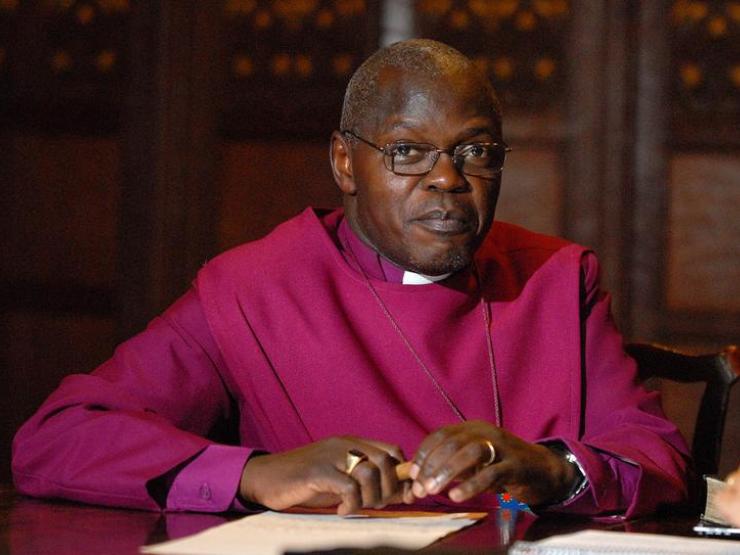Key workers in the frontline battle against Covid-19 should be paid a real living wage, the Archbishop of York has told the Lords.
The Rt Rev John Sentamu said the current coronavirus crisis had underlined the need to recognise and value the UK’s key workers.
He said paying them at least a real living wage would be a “litmus test” for a fair recovery after the lockdown.
Opening a virtual debate, the Archbishop, who chaired the Living Wage Commission, said it was “shocking” that child poverty had not been the number one priority in the “unprecedented package of support” announced by the Chancellor.
“The coronavirus national emergency is already exposing the inadequacy of the safety net provided by our social security system,” he said.
People not previously reliant on the system were now finding how “mean” it was and the crisis would hopefully lead to a more generous and compassionate system, he added.
The real living wage would provide an hourly rate of £9.30 across the UK and £10.75 in London.
The Archbishop said higher pay would benefit not just workers but businesses and allow the country to “bounce back better” from the pandemic.
The Archbishop of Canterbury, the Most Rev Justin Welby, said society relied on migrants in essential areas like health, care and agriculture and owed them “deep gratitude”.
But there were concerns that they might be compelled to keep working, even if they became ill, because to stop “risked destitution”.
Calling for migrants to be able to access the public services and funds they need, he added: “I pray that as we face these extraordinary times we seek to enact policies that affirm the dignity and worth of all as we have seen it in their contribution to us.”
Tory former minister Lord Young of Cookham said the Government needs to be straight with the public about the impact of the pandemic on the economy.
Pledges previously made in the manifesto on borrowing, not increasing tax and reducing debt are now “unsustainable”, he argued.
Putting forward suggestions, he said: “We should abolish the universal winter fuel allowance and roll the savings of up to £3 billion into social care, which has had a raw deal in recent settlements.”
He also called for at least one new council tax band to be introduced at the top end of the scale.
Lord Young said: “It is absurd the most valuable properties pay only three times as much tax as the least valuable.
“A new higher band would make the tax more progressive and bring in more resources for local government.
“So clarity on the manifesto, replacing an untargeted benefit with help for social scare and a more progressive local tax.
“These are the building blocks towards the fairer society advocated by the archbishop.”
For the Government, Lord Agnew of Oulton paid tribute to the outgoing Archbishop of York for his work in championing a range of social causes, including the need to end low pay, an “ambition the Government shares”.
Lord Agnew said key workers deserved to be properly rewarded and last July the Government delivered the second year of above-inflation pay rises for almost a million public sector workers.
He said low-paid workers would benefit from the April increase in the national living wage and reaffirmed the target of “pushing on” to reach two thirds of median earnings by 2024 providing economic conditions were secure.





